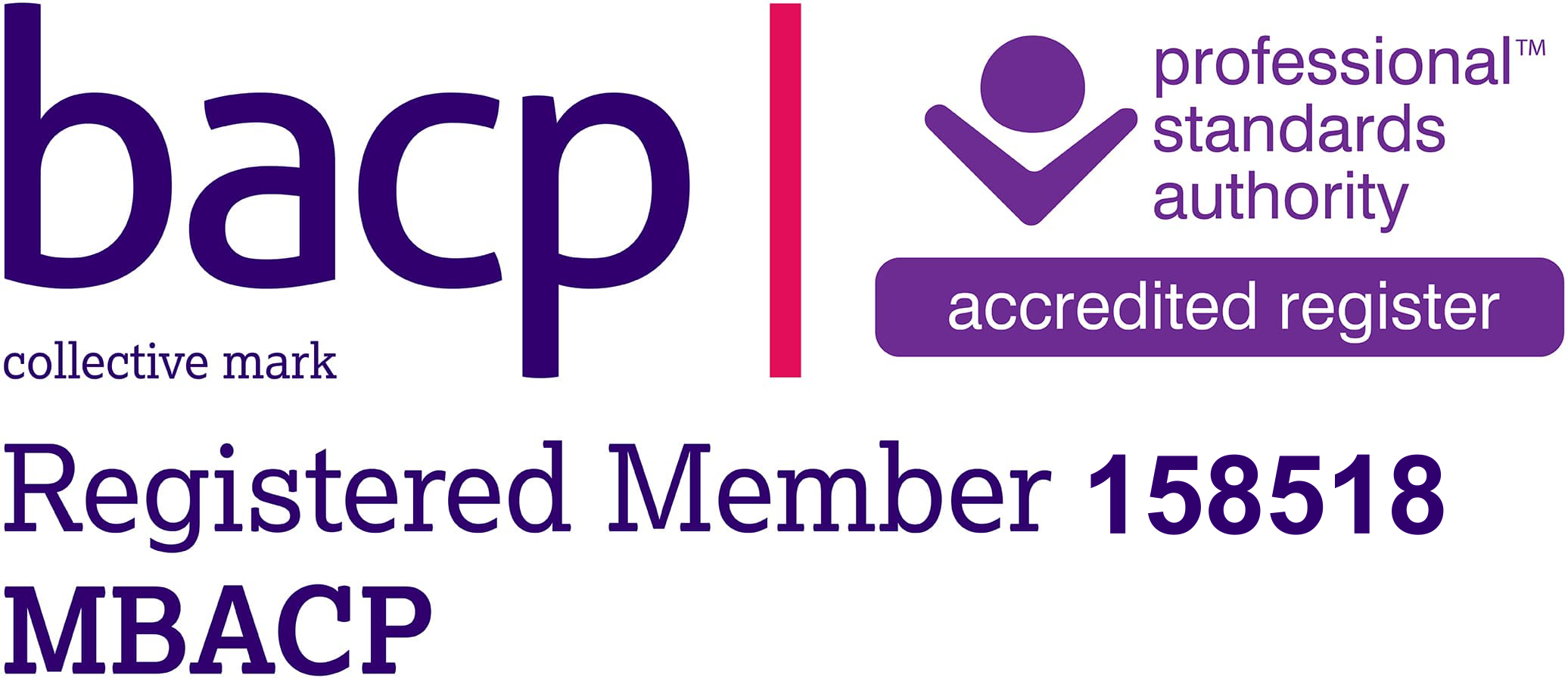Frequently asked questions
How do I know that you are working professionally?
As a registered member of the British Association for Counselling and Psychotherapy (BACP) I:
- am bound by their Ethical Framework.
- have regular on-going clinical supervision.
- keep my knowledge up to date through continuing professional development.
- have current and ongoing professional indemnity insurance.
Do I have to come every week?
I tend to see clients weekly because it helps to build a strong therapeutic relationship and also helps maintain momentum. Both of which help counselling to be more effective.
I do, however, understand that this can be difficult for some clients, and if so, we can discuss other ways of working.
How long should I expect to have counselling?
There are no maximum or minimum number of sessions. You can end your counselling sessions whenever you want to and your decision will be fully respected.
Progress reviews will be held every six weeks to ensure you are happy with the service being provided.
You can at any time, take a break and continue counselling at a later date when ready.
Will my counselling sessions be confidential?
Everything that is discussed during your sessions will be held in the strictest confidence.
However, there are exceptional circumstances when I might need to break confidentiality. By ‘breaking confidentiality’ I mean providing information about you to another person. These are:
- If I consider there is a risk of serious harm to yourself or another person(s).
- If I am legally required to by a court or following a disclosure concerning acts of terrorism or drug trafficking.
How do I know which approach will suit me?
There are so many therapeutic approaches. It may be worth having a browse through the different types to find out which style most resonates with what you are looking for.
As a person-centred counsellor I focus on deepening your self-awareness by looking at what is going on in your life right now.
By the end of our first meeting, I would hope that both you and I can make an informed decision about whether what I offer is the right approach for you.
How much do sessions cost?
The current fee for each 50 minute session is £50.
You can pay on a session by session basis or in blocks by cash or bank transfer. Payment must be made before the session or within 24 hours after the session.
What happens at a counselling session?
There is no ‘typical session.’
You can discuss whatever you want to; difficulties, feelings, thoughts, experiences, day-to-day events, dilemmas, regrets, hopes. There is no right or wrong and nothing is off limits. Sometimes clients:
- Work towards set goals.
- Plan what they would like to explore prior to each session.
- Choose to carry on from a previous session.
- See what develops as the session progresses.
In our first session, I will outline a counselling agreement. This explains what my clients can expect from me during our time working together and also what I expect from them. I will also ask you to complete a brief intake form.
How can I get the most out of counselling?
You will get the most out of counselling by:
- Being as open as you can.
- Taking risks.
- Saying how you really feel and what you really think.
- Giving honest feedback about how you are experiencing our sessions.
- Appreciating that counselling can at times be demanding, frustrating and emotional.
I will support and encourage you to do these things.
What happens if I miss or cancel an appointment?
If you need to cancel or re-arrange a session that’s fine, provided you give 24 hours notice.
In general, if you miss a session or cancel within 24 hours, the session will be charged in full.

